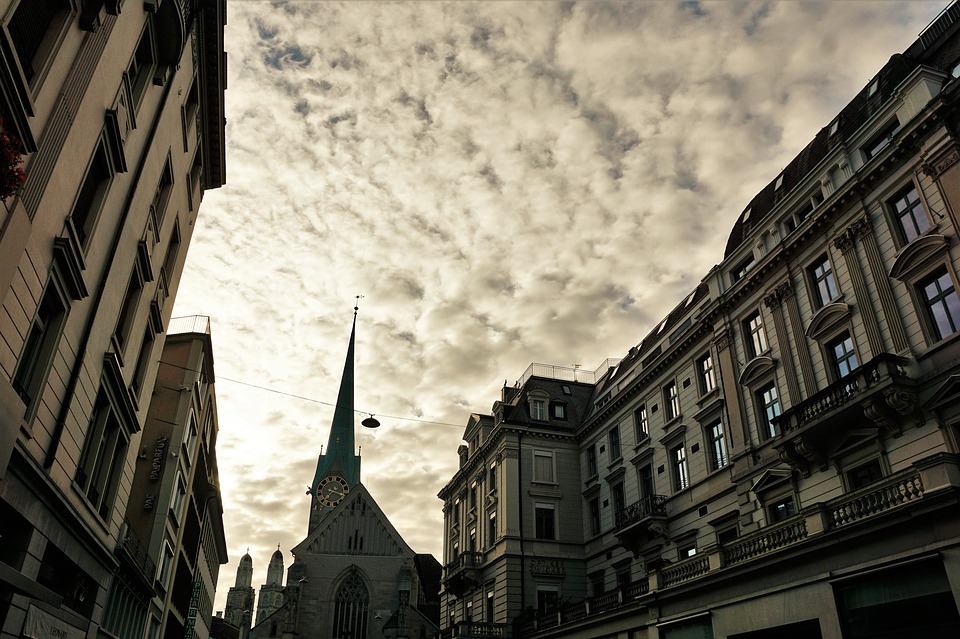
WRF Board Member Dr. Craig Higgins Introduces "The Reformed Communion" to Members of the World Reformed Fellowship
It is my privilege to be a member of two outstanding organizations that exist to serve that part of the church that, in words of Cornelius Plantinga, “speaks Christian, but with a Reformed accent.” And both of them can, from time to time, require some explaining!
First, I am a member of the World Reformed Fellowship, thankful for the privilege of having served on the board of directors for the last few years. I’ve often explained to people the differences between the WRF and another global Reformed organization, the World Communion of Reformed Church. The WRF and the WCRC are not competitors; in fact, some of our denominational members are also members of the WCRC. But where the WCRC is a “faith and order” ministry, committed to visible unity and made up only of denominations, the WRF is a fellowship, made up (like the World Evangelical Alliance, of which we are a part) of denominations, Christian ministries, local churches, and individual Christians. And while we in the WRF are certainly committed to the visible unity of the Body of Christ, working for denominational mergers is not a part of our particular purpose. The WRF exists for a very simple yet powerful purpose: to bring Reformed Christians together for ministry in God’s world.
The Reformed Communion (RC)—a much newer organization (officially launched in 2010)—is different yet. Let me introduce the Communion by noting some of these differences:
First, the membership of the Reformed Communion is made up exclusively of ordained ministers, though this may be changing to include congregations and other institutions. Second, the RC while certainly “pan-Reformed” like the WRF, defines “Reformed” somewhat more narrowly, choosing to include the sacramental theology of the Reformed confessions—including their commitment to infant baptism and a Reformed understanding of the real presence of Christ in the Eucharist—in their distinctives. While most of the founders of the RC have some connection with the Presbyterian Church in America (PCA), approximately 10 denominations—Anglican, Presbyterian, & Reformed—are currently represented in the membership. Also, unlike the WRF, the RC is not a global organization, but limits its work to North America.
The Reformed Communion defines itself as seeking to serve pastors and their congregations, with a particular focus on church planting. In fact, the RC runs its own assessment center for prospective church planters, with a particular focus on urban church plants. Consulting services are also available from the members.
The Reformed Communion articulates its core values as being catholic, missional, and Reformed. An outline of what is meant by each term can be found on their website at http://reformedcommunion.org/about-us.
These core values were the focus of the Reformed Communion’s first annual Cultivate conference, held in Decatur, GA, in the fall of 2013. In fact, the Cultivate conference is probably the best way to discover what the Reformed Communion is all about. At the 2015 conference, a few hundred pastors and guests gathered in Philadelphia to dismiss how pastoral ministry, with a particular emphasis on preaching. The plenary speakers were Craig Barnes, Fleming Rutledge, and Greg Thompson; they were joined by a number of other presenters who led various workshops. The three-day, two-night event included not only teaching, but times for morning and evening worship, and plenty of free time for fellowship—including the official “Reformed Communion Happy Hour.”
It is certainly my hope for the World Reformed Fellowship and the Reformed Communion to work together and serve one another, all to the end seeing the earth filled with the knowledge of the glory of God as the waters cover the sea!
